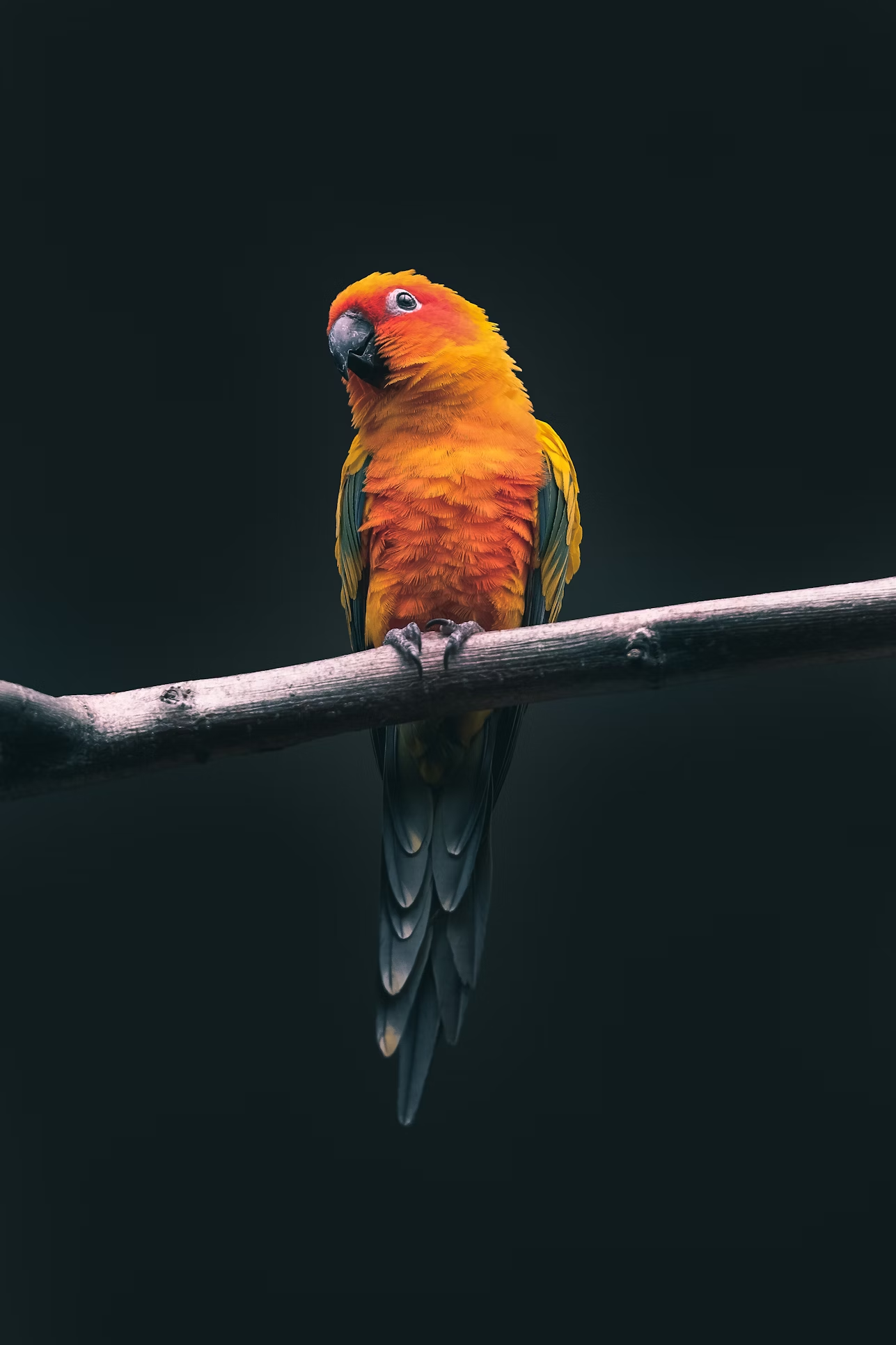By AYA LABANIEH
Anaheim, California, dreaming of Damascus, Syria — a place I have not been able to visit since the war began in 2011.
I had a dizzying dream last night. I picked up the phone, and called my grandma—my mom’s mom, the woman who raised me. She was laughing—I told her something about what I had been going through, I don’t remember what. I was being candid in a way that would be unthinkable in the real world; maybe I even told her about the ugly breakup with R. The warm acceptance on the other line astounded me. “Why don’t I call you more often?” I asked her.
“Wallah tayteh, I miss you, you should tell me everything.”
I asked about her youth. She told me she had many miscarriages, and that she still remembered the names of all the dead ones and under which trees they were buried. I asked her, you spent so much of your life alone—my grandpa was always away, traveling, buying, selling. She snorted. She had always disdained his company—the further he was, hawking his wares, the better for her. “I loved all my children,” she said. “My little army, my posse. They were always running laps around me—all nine of them. I was never alone.”
In my mind’s eye, I saw the swimming pool in our countryside farm, the Ghouta right outside Damascus—the farm that must have burned to the ground by now. I saw the quail-egg blue of its tiles—the apricot trees weighed down by their fruit, each one a painted sunset—the bats, fluttering in the night, parched in the summer heat, nose-diving into the water for the tiniest drink. I imagined her thin curls bouncing on the other line, regaling me with girlhood stories I had never been lucky enough to hear. I wish I had the chance to speak with you as an adult, tayteh. But I fear that the same iron wall that has descended between me and my parents—between me and cousins, who were once my siblings—would have descended between me and you. Forgive me for never visiting you at the hospital. Forgive me for refusing to watch you die, for refusing to attend your funeral. I was a coward.
I was 14, and I could not bear the thought of your death. I could not accept it. Only now do I realize that I robbed myself more than I robbed you. Funerals are not for the dead—they are for us. It was easier for me to pretend you hadn’t left, when I never saw your weak post-op body, after they had sawed open your skull and scooped out the tumors growing in your brain. It was easier for me to pretend you were just “abroad,” as you often were, “in Syria,” in some distant elsewhere, and not dying a few streets away, and then within a month, buried in the ground. I continued for a long time to believe there was just a plane ticket between us. And yet, the facts remain: not only are you gone, but if you had not passed, we would never have had a call such as this. I am not destined for such calls with family.
You were the fountainhead of mischief in my childhood. Pouring tea, a sacred rite to my father, and chanting “shkh, shkh, shkh,” or “Piss! Piss! Piss!” as it spilled from the spout. My father would become so agitated—but your giggles were contagious, your antics irresistible. The mother-in-law is often hated by the patriarch, as the only check on his power, the only woman in his domain that is not his to control. As the Ur-Mother, she has substantial influence over his wife, can drive harsh winds through his marriage, can openly flout the pervading orthodoxies of his domestic sphere—can disturb his peace. Every joke about “the mother-in-law” is a man’s resentment about a woman he cannot subdue.
But to his credit, this patriarch loved you. You had a playful, push-pull dynamic. He would pretend to get angry with you, to give you the satisfaction of riling him—I remember you sneaking sugar into your tea, slipping cookies into your pockets, disobeying the rules he imposed for your diabetes. I remember you messing with the recipes he worshipped more than God. Worst of all, I remember you making him late to his appointments. The wrath was not so feigned on those days. My dad bore even a ten-minute delay like the mark of Cain.
You were a misshapen mountain troll ambling through our Anaheim house—the house where my inner child still lives. You raised me, tayteh, rocking me in your lap, spooning Quranic verses into my little ears, scrubbing the living daylights out of me in the bathtub. Slapping your thighs, “Ta’a, ta’a, ta’a,” you’d say to the lovebirds we raised, “Come, come, come,” and they’d fly, all three of them, out their cages in a flurry and land on your breasts, climb your gold chains, nestle against your cheeks. I yearn for a phone-call we could have never had, not in any parallel universe. I yearn to smell you, to be the parrot nibbling your ears.
Aya Labanieh is a Syrian-American writer, academic, educator, and poet. She completed her PhD in English and Comparative Literature at Columbia University (2025), specializing in colonialism, conspiracy theories, and paranoia. Her research has been published by a number of scholarly journals, and her creative writing has appeared in the Los Angeles Review of Books, Aeon, Culturico, Counterclock, em-dash, The Common, and Ancient Exchanges. She is presently editing a poetry anthology titled Between Babylon and Berlin: Middle Eastern Poetry on Diaspora and Antiquity, which is forthcoming with Wesleyan University Press. Her eternally incomplete website can be found at www.ayalabanieh.com




